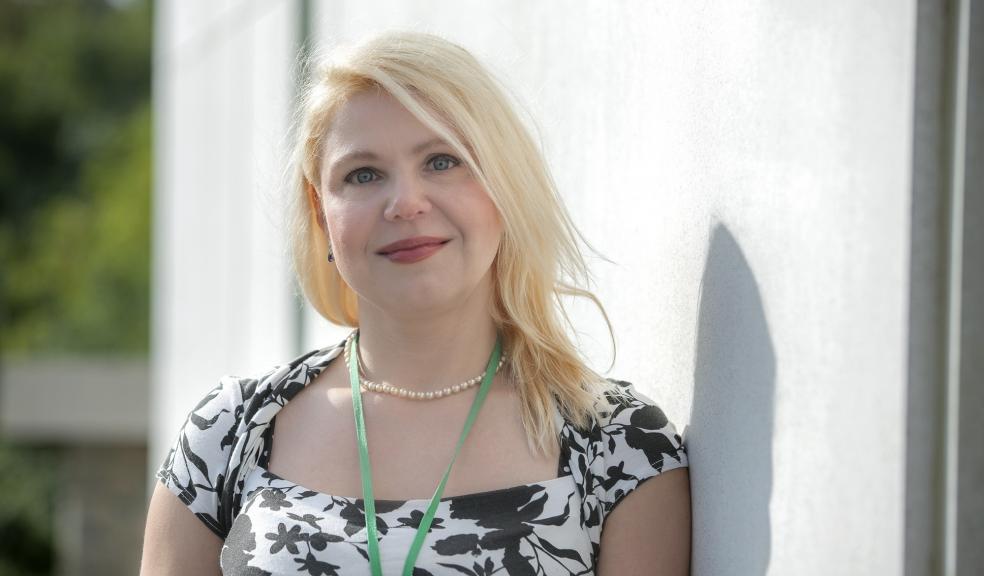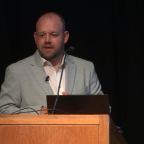
Promotion for neuro tumour scientist
Plymouth University Peninsula Schools of Medicine and Dentistry (PUPSMD) has promoted Dr Sylwia Ammoun to the post of Senior Research Fellow.
Dr Ammoun specialises in tumours of the nervous system, especially those which affect children and young adults, and she is part of the Brain Tumour Research Centre of Excellence at PUPSMD.
Her area of work encompasses Merlin-deficient tumours of the nervous system such as schwannomas, meningiomas and ependymomas (Merlin is a protein that suppresses tumour growth). These tumours develop in patients with a hereditary predisposition to the tumour disease, neurofibromatosis type 2 (NF2), but may also develop spontaneously. Dr Ammoun is now expanding her research area into other group of tumours of the nervous system called low grade gliomas.
Current treatments available for NF2 tumours are surgery and/or radiosurgery and for low grade gliomas surgery, radiation and chemotherapy. These treatments are only partially effective, carry the risk of potentially unpleasant side effects and can cause biological changes in the tissue leading to either drug resistance or making tumours more aggressive.
Dr Ammoun and her colleagues are working on identifying drug therapies which may stop or reverse the progression of these tumours and which in time may replace the limited therapies currently in use.
Dr Ammoun gained her degree, MSc and PhD at Uppsala University in Sweden. She joined PUPSMD in 2006 from a post of PhD student and teaching assistant in the Department of Neuroscience at Uppsala University.
In her time at PUPSMD she has received grants from charities such as Action on Hearing Loss (loss of hearing can be a consequence of NF2), the Laura Crane Youth Cancer Trust, the Northcott Devon Medical Foundation and Action Medical Research for Children.
Speaking of her promotion Dr Ammoun said: “I am delighted to have been made Senior Research Fellow in recognition of my work. Tumours of the nervous system can be immensely debilitating and at worst fatal, and the treatments available to patients are unpleasant and risky and only partially effective. Our hope is that by finding drugs which can target the molecular make-up of tumours and the mechanisms that turn a healthy cell into tumour, we can create therapies which can halt or reverse the progress of such tumours in a way which is more comfortable for the patient.”












